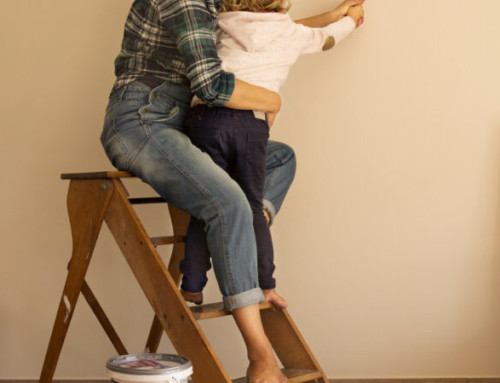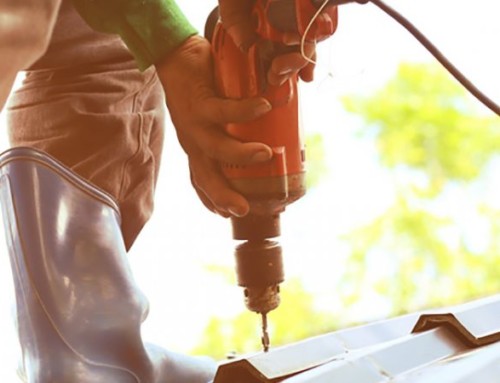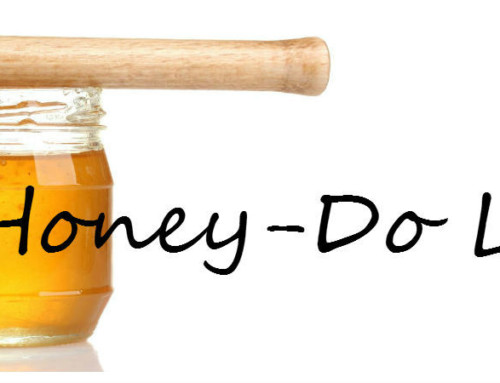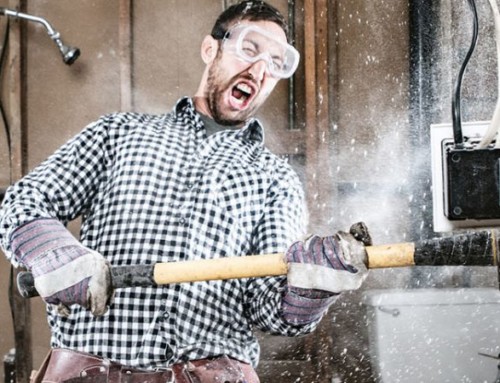A fence can serve as protection while still adding beauty to your yard.
Want to make your suburban home feel safe and secure while still maintaining it’s beauty? You might want to consider adding a fence.
Fences have been part of the home landscape since colonial days when they kept livestock like chickens and cows on the property. Now they accent homes, outline property boundaries and keep family lives private.
Why does your home need a fence? What kind of fence best suits your needs? Once you answers these questions, you can contact a fencing professional and start installing your dream fence.
3 BENEFITS OF FENCING
There are many benefits to installing a fence, but here are some of the most important ones to consider as you move forward with the installation:
1. Privacy. A fence is one of the best deterrents against prying and intrusion. They are also great for home security, so people can’t easily break in.
2. Keeping wild animals out and children and pets in. Foxes, raccoons and other animals will not be able to get in. At the same time, your children will be able to safely play in the yard without wandering out, and dogs won’t easily escape onto the road where they could be injured.
3. Accentuating the landscape and your home. If you install a short fence in the front yard or a tall fence in the back, they add to the value of the property.
TYPES TO INSTALL
As you decide what kind of fence you want, one of the most important factors to keep in mind is your budget. As such, the cost to install a fence often varies by the kind of material you choose. Here are some of the most popular for you to consider, along with their benefits and drawbacks:
1. Chain Link
Pros: Chain link fences will not warp, split or crack. They require little to no maintenance and can be coated in vinyl paint to match their surroundings.
Cons: While there are privacy slats available, chain link is not the most optimal for privacy. They are good for home protection, as they make an audible noise when people try to climb over them.
2. Wood
Pros: Wood fences are durable and naturally resistant to rotting and decay when they’re stained and painted. They can be any color and will last 15 to 20 years. They’re nice for privacy, unless they’re installed as picket instead of boards. Wood is biodegradable, so you can recycle boards as compost in your garden when they wear out.
Cons: Wood tends to show its age because of climate conditions. It will need paint and stain touch-ups over the life of the fence. Pieces might also need to be replaced if any are broken or eaten away by termites.
3. Vinyl
Pros: Vinyl fences are durable, weather-resistant and not susceptible to mold. It’s very unlikely that vinyl will ever warp, split or crack due to climate conditions. It’s very low maintenance, requiring infrequent cleaning with water from a hose and some soap. It can be good for privacy if vinyl boards are installed, not pickets (like wood).
Cons: It is only available in neutral colors, and it is not biodegradable.
4. Aluminum
Pros: Aluminum is a type of metal that will not rust, making it very durable. It can be many different colors and designs, and you have a choice in the quality of aluminum that you want.
Cons: It is not good for privacy, only protection like chain link fences. It is also difficult to install and very prone to damage depending on the quality of material installed.
5. Brick
Pros: Brick fences require almost no maintenance, as they won’t burn, are energy-efficient and great for resale. You can blend the fence with your home or contrast it. It only needs to be washed occasionally.
Cons: It is expensive to repair and difficult to change its appearance–no painting or staining. The foundation on which you build the wall has to be very strong and invulnerable to any kind of shifting, or the whole wall could fall.






